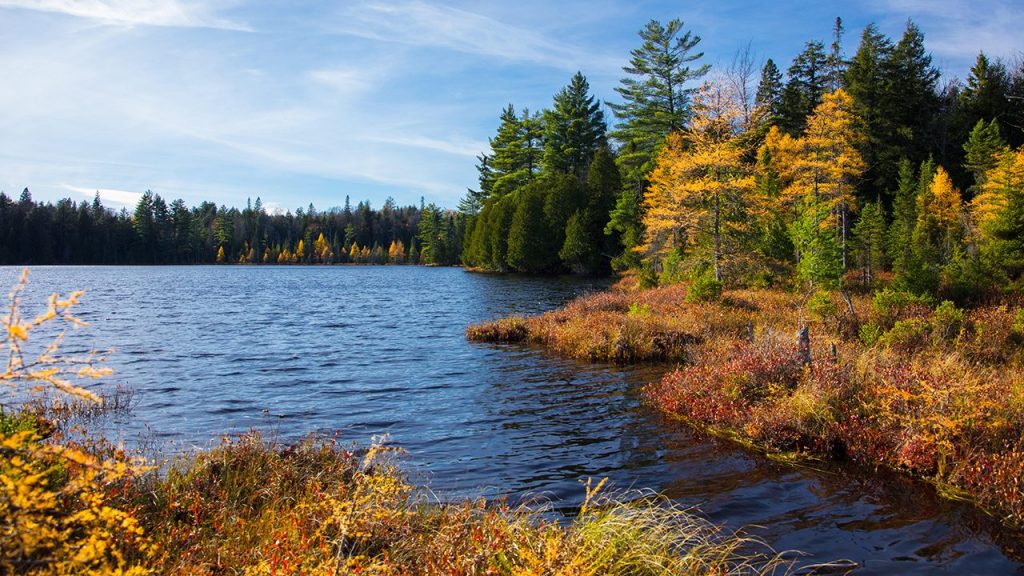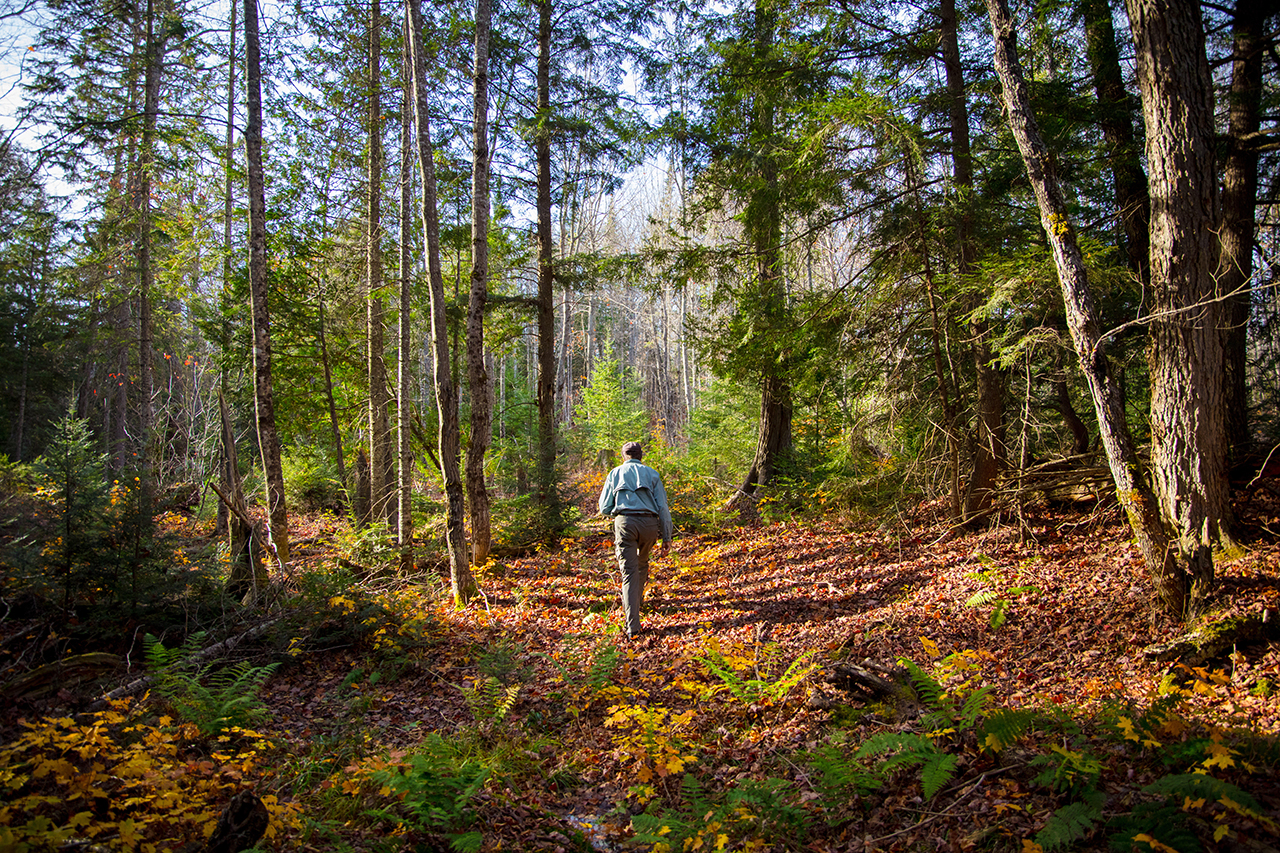Nature Conservancy Expanding Wildlife Corridor in Michigan’s Upper Peninsula
The nonprofit has purchased nearly 5,000 acres with goal to increase biodiversity and decrease the amount of carbon in the atmosphere.

A wildlife corridor in the Upper Peninsula is expanding to allow more animals to migrate and adapt to climate change.
The nonprofit Nature Conservancy has purchased nearly 5,000 acres of land to expand the corridor. The area consists of 19,000 acres of preserved land and includes Wilderness Lakes Reserve and Craig Lake State Park.
“Many years of research shows that this part of Michigan … ranks as some of the most resilient in the face of climate change. And that prioritizes that for us for conservation for wildlife corridors.” –Helen Taylor, state director in Michigan at The Nature Conservancy
Helen Taylor, state director in Michigan at The Nature Conservancy, says the protected land includes wetlands and large lakes.
“Many years of research shows that this part of Michigan … ranks as some of the most resilient in the face of climate change. And that prioritizes that for us for conservation for wildlife corridors,” she says.

Taylor says expanding the footprint will allow more wildlife to migrate and adapt to climate change.
“I’ve been a lot of places in the state. I’ve seen a lot of beautiful things. But this is an area of the state where it is just some of the most true wilderness that I’ve experienced. And it’s a really important habitat for moose with the wetlands,” she says.
Taylor says the nonprofit hopes to sustainably manage the forest to increase biodiversity and decrease the amount of carbon in the atmosphere. The reserve is open to the public for hunting and recreation.
Trusted, accurate, up-to-date
WDET is here to keep you informed on essential information, news and resources related to COVID-19.
This is a stressful, insecure time for many. So it’s more important than ever for you, our listeners and readers, who are able to donate to keep supporting WDET’s mission. Please make a gift today.
